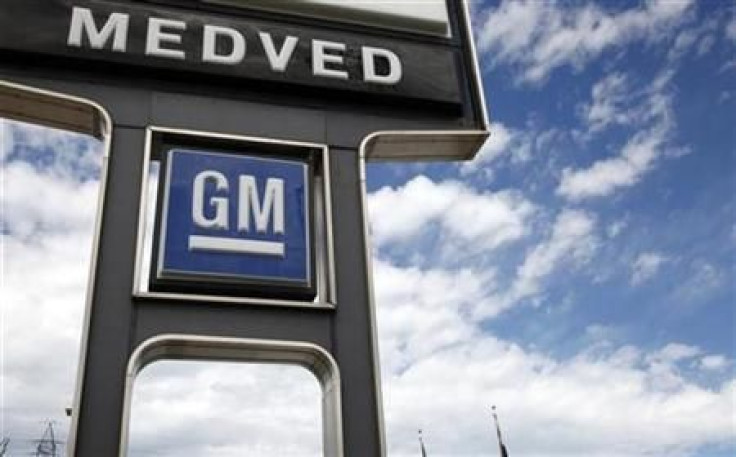GM repays $2.1 bln to US tax payers

General Motors has paid $2.1 billion to complete the repurchase of preferred shares issued under a federal government bailout, the U.S. Treasury said on Wednesday. With this the auto maker has brought the total sum recouped by taxpayers to more than 23 billion dollars.
The latest repurchase followed GM's hugely successful return to public trading last month. The November 18 initial public offering raised 13.5 billion dollars for taxpayers.
Temporary support through TARP to General Motors during the financial crisis was essential to preventing a devastating collapse of the American auto industry and saving more than 1 million American jobs, said Tim Massad, Acting Assistant Secretary for Financial Stability.
The fact that the auto industry has created tens of thousands of jobs since GM emerged from bankruptcy and that Ford, GM, and Chrysler are all operating at a profit for the first time in six years is further evidence that the decision to provide support was the right one.
Treasury invested $49.5 billion in General Motors. Taxpayers have now received a total of $23.1 billion in return from GM through repayments, interest, and dividends since the company emerged from bankruptcy in July 2009. Treasury's remaining stake in GM now consists of 500,065,254 shares of common stock.
Till date, the treasury has made disbursements of $389 billion under its Troubled Asset Relief Program authorization. With today's preferred share repurchase, TARP repayments ($231.6 billion) and income from dividends, interest, and the sale of other securities ($34.9 billion) now total $266.5 billion.
GM filed for Chapter 11 bankruptcy protection on June 1, 2009, after the failure of New York-based Lehman Brothers Holdings Inc. in September 2008 froze credit markets and helped cause the longest recession since the Great Depression. The company raised more than $20 billion in its return to public stock trading Nov. 18.
© Copyright IBTimes 2024. All rights reserved.











